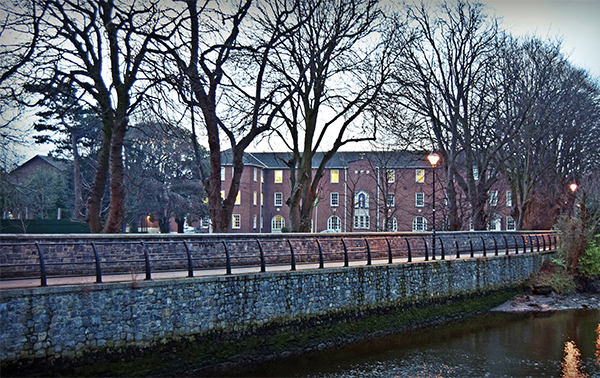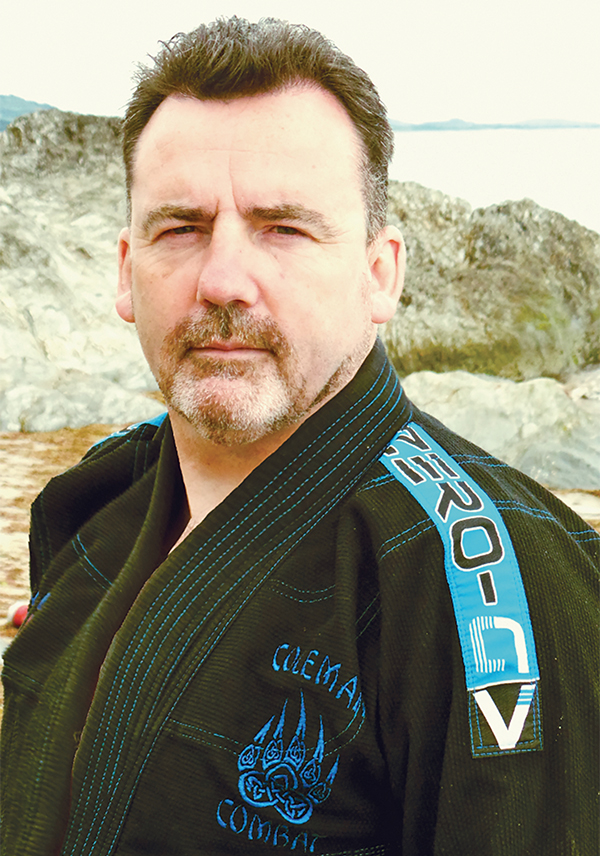
Above: Marian College.
Having been established by Dublin City Council (DCC), the Community Gain Fund, a scheme intended to administer funds to community interests in the Irishtown, Ringsend, and Sandymount area, has announced that it has granted awards to a number of local groups and institutions.
The Community Gain Fund is part of the Dublin Waste to Energy project, a public-private partnership between DCC and Covanta, the US-based multinational responsible for building the waste incinerator on the Poolbeg peninsula.
A Community Gain Fund committee of community representatives, elected representatives and DCC officials has approved in principle funding for 32 organisations based on a total of 56 applications submitted. The announcement does not detail the amount of the individual awards, but the total amount awarded under this phase of the scheme is reported to be €4,808,215.
Some of the awards are likely to be smaller scale, such as that awarded to the Susan Hudson School of Irish Dancing for the purpose of dance costumes upgrades, while some appear larger in scope such as that awarded to Marian College to assist with works there on a new full-size sports hall and gymnasium.
Speaking to NewsFour regarding Marian College’s award under the scheme, Principal Paul Meany welcomed the award: “In March of 2016, we applied for assistance to the Waste to Energy, Community Gain Fund. This was a very comprehensive process and, having fulfilled the extensive criteria, we were very pleased to hear in October that we will receive a grant which will help to reduce the size of the loan required. We wish to express our appreciation to the fund for the assistance we are due to receive.”
Meany explained that the funding from the Community Gain Fund scheme for their new facility was only part of a broader fundraising campaign, and he was keen to emphasise the benefits to the local community: “On the understanding that the new facility will be open to the local community, we have been receiving support for the project from the Aviva Stadium, Community Gain Fund and we also received a grant from the Department of Education and Skills.
“We undertook fundraising amongst our parents, pupils, staff and past pupils and the final piece of the funding jigsaw is a substantial loan which must be repaid by the college over the next decade.
“The Marist Brothers have provided land for the construction of a sports hall and a gymnasium in the grounds of Marian College. Construction began in August 2016 and is expected to be completed by May 2017. The college swimming pool is already used by clubs, schools and the general public in Dublin 4 and a key element of the planning of this new facility has been the availability of the new sports hall and gym to the local community at times when it is not being used for PE and sport by the pupils at the school.”
When questioned regarding local opposition to the Community Gain Fund, which is considered by some to be a payoff for compliance within the community on the issue of the building of the unpopular incinerator on the Poolbeg peninsula, Principal Meany responded: “We know that there has been some local opposition to the building of the incinerator but we hope that this new and significant community resource, which will open next September, will help to improve the leisure, sport and health facilities available to the people of the area, as well as providing a much-needed facility for physical education and sport for the boys at the college.”
Not all applications to the fund were successful, however. Local non-profit community-based martial arts club, Coleman Combat, failed to receive an award from its application for funds towards a permanent premises. The Coleman family has been active in teaching the Kenpo martial arts system to youth in the inner-city since the 1960s. The club currently sponsors local young people with training uniforms and free lessons, and club founder Paul Coleman explained to NewsFour how the organisation has over the years successfully delivered a number of programmes to keep youth in schools and to tackle bullying, drug addiction and anti-social behaviour: “Our programme teaches kids how to focus, and teaches them that hard work gets you somewhere,” he explained.

Above: Paul Coleman.
Coleman Combat, currently based in St. Patrick’s Boys School, Cambridge Road, regularly takes competing youth abroad to international martial arts events, and has an exchange programme with a group in the US. Coleman explained that a permanent premises would allow the club to host visitors from the US on a reciprocal basis, but considers that the organisation has been left out of the Community Gain Fund process which he feels was “confusing and one-sided”.
“I couldn’t understand what they wanted. They were demanding information from us, and we were providing it, but the funding criteria were all over the place,” he said. He feels that there was “too much red tape” and that his organisation was discriminated against because it is independant and “not government-run”.
If indeed the Community Gain Fund is a payoff to the community for compliance on the widely opposed waste incinerator as some suggest, it might not be unreasonable to expect that groups with proven track records in providing social and other benefits to the community should be facilitated in availing of the fund.
By Harry Bradley



